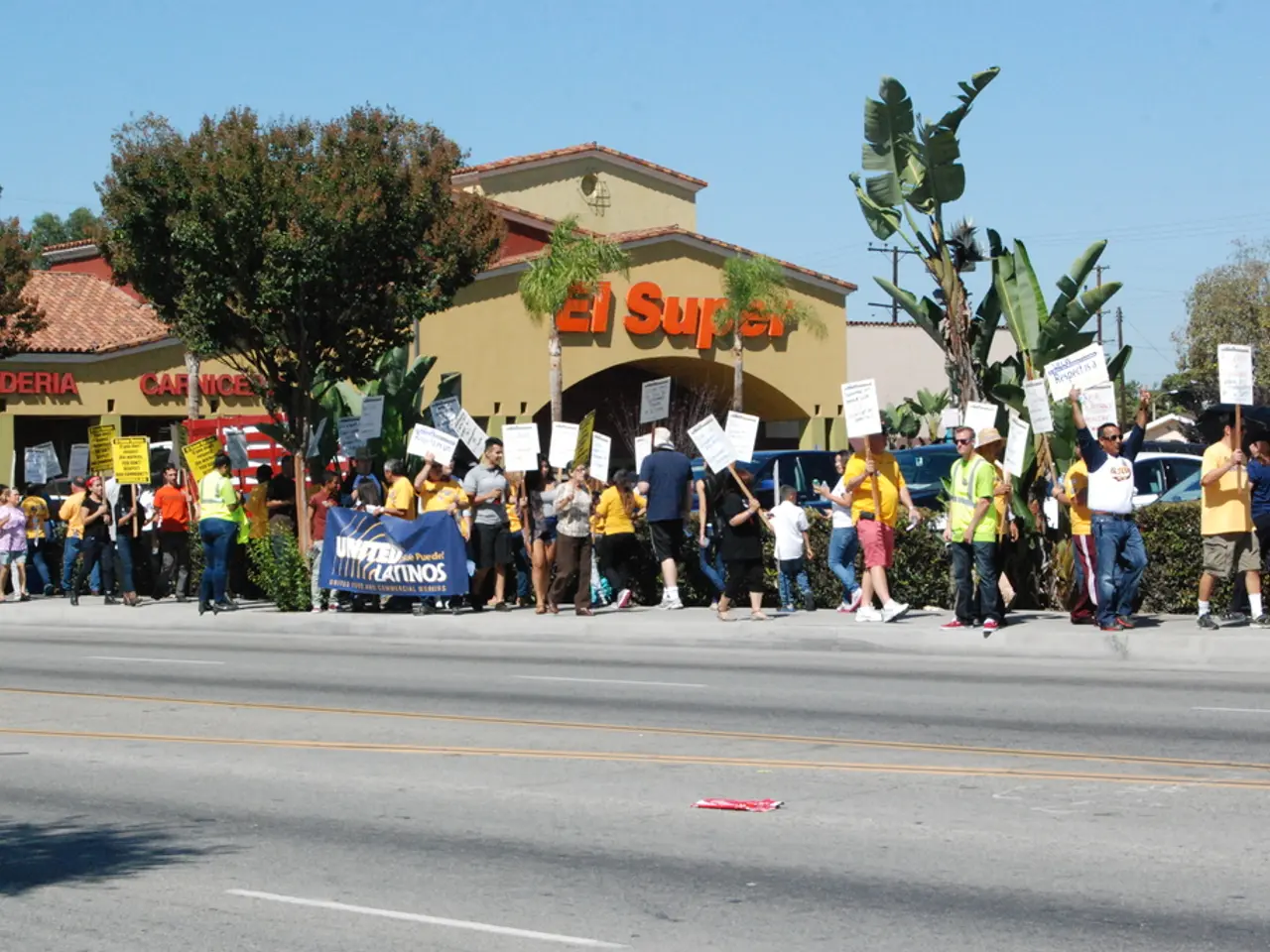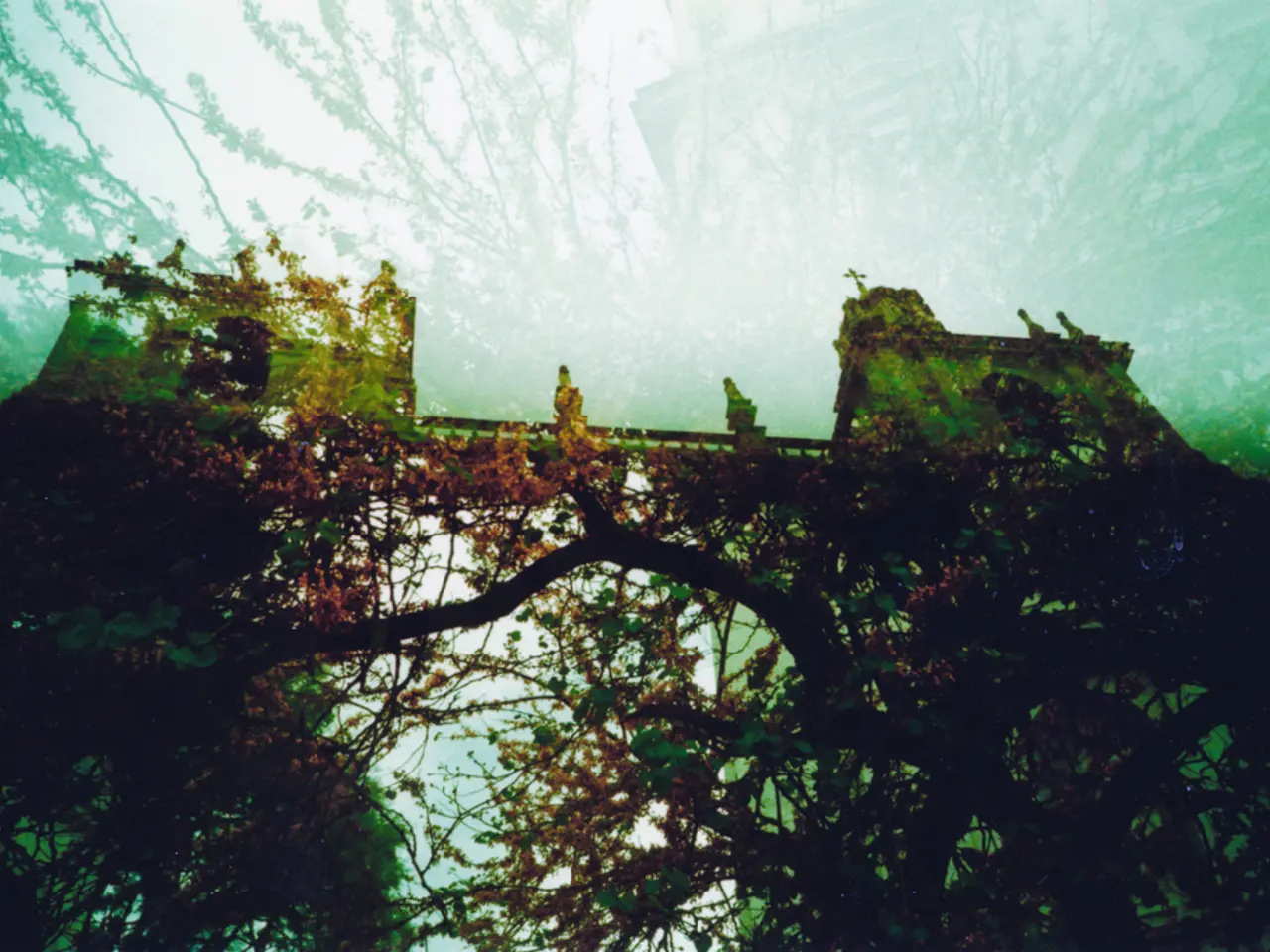16-year allies advocate for proportional representation: Salahuddin's stance revealed
In a series of recent statements, BNP Standing Committee member Salahuddin Ahmed has sparked a heated debate in Bangladesh's political arena. Ahmed, a prominent BNP leader, has advocated for proportional representation elections, calling for unity among pro-democracy forces. However, his stance has been met with strong opposition from some quarters, particularly from those who argue that proportional representation could lead to unstable governments and undermine local leadership development.
At a rally held by Islami Andolan Bangladesh in Dhaka's Suhrawardy Udyan on June 28, the demand for proportional representation was front and centre. The group, along with several other political entities such as Jamaat-e-Islami, National Citizen Party, and Gano Adhikar Parishad, have been advocating for the introduction of a proportional representation (PR) electoral system. They argue that PR is essential for ensuring an accurate reflection of votes and the fair representation of all parties in parliament, contrasting with the current first-past-the-post (FPTP) system where voters elect individuals directly from constituencies.
Historically, many of these groups had aligned with or supported the Awami League (AL) for around 16 years. However, this alliance seems to have shifted recently as these groups now push for PR elections, a demand that political opponents like the BNP criticize strongly. BNP leaders label these groups as fringe elements that never secured electoral victories on their own and accuse them of having previously helped legitimize past elections under the Awami League's tenure.
The BNP, on the other hand, opposes PR, arguing it could lead to fragmented parliament and unstable governments, potentially paving the way for "fallen fascist forces" to return to power. They also stress that PR undermines local leadership development because under PR, party leadership rather than voters directly decides MPs, which could promote authoritarianism rather than democracy.
Salahuddin Ahmed has also warned about the horrors of the nation's political past being forgotten and efforts being made to sow discord among democratic forces. He stated that some claim the BNP opposes reforms and is only focused on elections, while others are dreaming of staying in power forever without elections. However, no specific group or individual was identified as the "section" dreaming of staying in power forever without elections.
In a rally organized by Keraniganj Upazila South BNP, Salahuddin Ahmed claimed that those demanding proportional representation have never won a seat in any election and belong to a fringe group. On the contrary, Islami Andolan Bangladesh has predicted that those making such accusations will lose their deposits in the upcoming polls, stating that a dream of staying in power forever without elections will become a nightmare.
These dynamics highlight a complex political realignment where former Awami League allies now seek electoral reforms to alter Bangladesh’s political landscape towards proportionality, while mainstream opposition fears such changes may destabilize governance and democracy. The debate is far from over, and the upcoming elections will undoubtedly shed more light on the political future of Bangladesh.
- The debate over proportional representation elections has extended beyond the BNP, as groups like Islami Andolan Bangladesh, Jamaat-e-Islami, National Citizen Party, and Gano Adhikar Parishad advocate for its introduction as part of policy-and-legislation, arguing that it is essential for fair representation in parliament and a contrast to the current first-past-the-post system.
- In the realm of general-news, the political realignment in Bangladesh is evident as former allies of the Awami League now push for proportional representation, while the mainstream opposition, such as the BNP, opposes it, fearing it could lead to unstable governments and potentially pave the way for the return of "fallen fascist forces".







